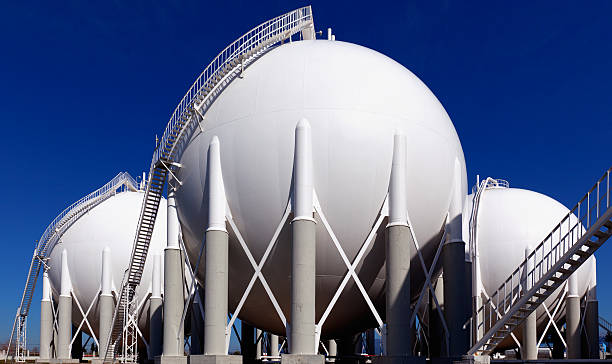Leveraging Propane’s Environmental Benefits to Attract Consumers
Sustainability has emerged as a pivotal factor influencing consumer preferences and shaping market trends across industries. In the propane sector, the focus on environmental responsibility presents a unique opportunity for businesses to not only reduce their carbon footprint but also drive growth by appealing to environmentally-conscious consumers. This guide explores how propane businesses can leverage… Continue reading Leveraging Propane’s Environmental Benefits to Attract Consumers






